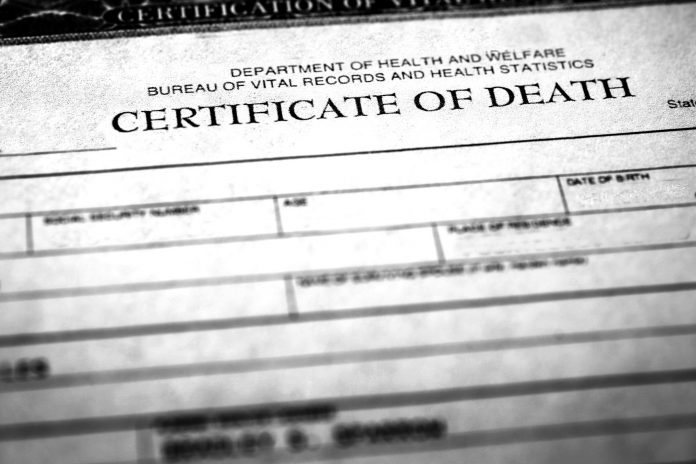Rebeckah Jones worked for the Florida Department of Health’s Geographic Information team. One of her greatest responsibilities was to develop and maintain the Florida Covid-19 Data and Surveillance Dashboard. The dashboard provides Floridians with timely information on the number of COVID-19 cases, hospitalizations, and fatalities at the state and county level.
Despite receiving considerable praise for her work on the dashboard, Jones was recently removed from the project and fired from her position. Shocked and frustrated, Jones lamented, “I worked on it alone, sixteen hours a day for two months, most of which I was never paid for, and now that this has happened I’ll probably never get paid for.”
Why was she fired? Jones believes it was because she refused to “manually change data to drum up support for the plan to reopen.” She’s not alone. Other collaborators on the dashboard reacted with “shock and dismay, suggesting it could be evidence that the Gov. Ron DeSantis’ government was censoring information.”
The governor’s office has denied the allegations. Florida Governor Ron DeSantis went further and called into question Jones’ qualifications as a scientist, claiming “she didn’t listen to the people who were her superiors,” among other reasons for her dismissal.
Jones’ story is alarming. Unfortunately, there are many others like it.
State officials in Georgia recently announced they included positive antibody tests in calculating the total number of active COVID-19 cases. As an article in the Atlantic Journal Constitution notes, including antibody tests inflated the total number of COVID-19 cases by nearly 14 percent.
Outraged, Dr. Harry J. Heiman, a clinical associate professor at the Georgia State University School of Public Health, said, “Either they [the Georgia Department of Health] don’t know what they’re doing, or (the data is) being manipulated in ways it shouldn’t…. Either way it is very concerning.”
In late April, the Centers for Disease Control indicated that seven states were not accurately reporting COVID-19 deaths, often failing to account for excess deaths and publishing misleadingly low estimates. More recently, six other states have been accused of manipulating their data to mislead the public.
These and other reports of misleading COVID-19 data released by state agencies highlight two serious flaws with centralizing public health. First, when these agencies make mistakes, they are often longer-lived and more harmful.
Second, when governments oversee scientific activities, they often distort scientists’ incentives. In his book The Organization of Inquiry, economist Gordon Tullock reminded us that the way scientific research is conducted and reported depends on who funds it. The COVID-19 pandemic has been no exception.
The federal CARES Act provides hospitals with additional funds to treat COVID-19 patients on Medicare. As a predictable consequence, physicians have reported feeling pressured to list COVID-19 on patients’ death certificates.
The CARES Act also provides additional funding for COVID-19 patients who are placed on a ventilator. As physician Dr. Scott Jensen notes, hospitals can receive an additional $39,000 for ventilator care. Despite strong evidence that ventilators are unlikely to help COVID-19 patients, hospitals continued to ask for more ventilators.
Misinformation and perverse incentives, even when done with the best of intentions, have created a strong sense of distrust for government officials and widespread confusion about how to address the pandemic moving forward. But such undesirable outcomes are a predictable consequence of expanding state control during a crisis, albeit a difficult pill to swallow.
